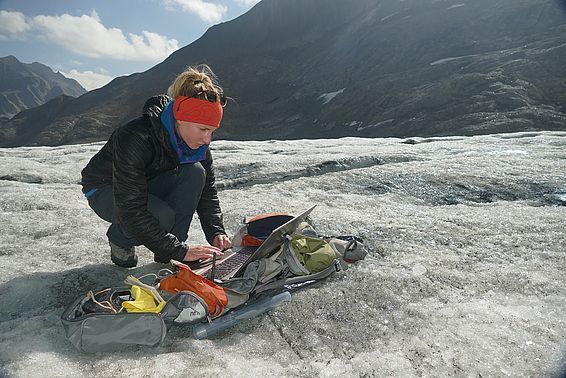Most glaciers in the world are shrinking due to climate warming. Knowing how they evolve is crucial for projecting long-term water availability, planning hydroelectric infrastructure, and assessing natural hazards. We investigate glaciological processes in computer models, laboratory experiments, and field work. Our work is performed in collaboration with the Laboratory of Hydraulics, Hydrology and Glaciology (ETH Zürich), to which we are jointly affilated.
Glacier retreat is one of the most prominent and visible consequences of ongoing climatic change. The resulting changes do not only alter our landscape, but are also linked to a series of implications such as water shortages, and natural hazards such as glacier lake outburst floods.
We are committed to deliver answers to pressing glaciological questions with local- to global-scale relevance, and does so by combining numerical modelling with observations gathered from both remote sensing and field-based activities.
In laboratory tests we contribute to a better understanding of fundamental processes controlling glacier hydrology and glacier motion. In field experiments, we study glacier accumulation and melt, glacier flow, and glacial erosion. We use these information and data to inform numerical computer models by which we reconstruct past glacier extents and predict their future evolution, including related consequences.
We do not only target negative aspects of glacier shrinkage but also aim at exploring new possibilities, such as the hydropower potential within formerly glacierized areas, for instance. We also analyse how improved meteorological forecasts can increase the short- and long-term glacier evolution, ultimately aiming at increasing the predictability of future water resources from high-alpine environments.
Glacier research in pictures ¶
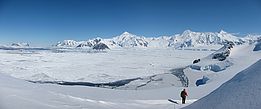
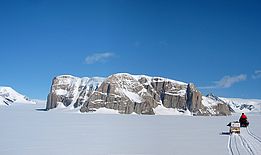

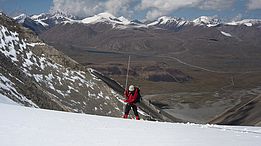
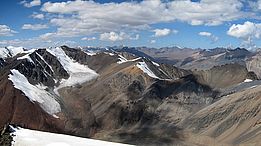
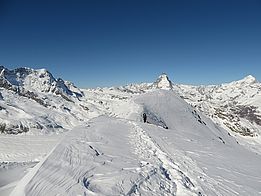
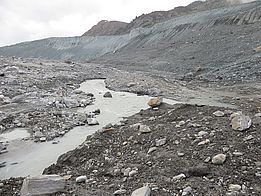
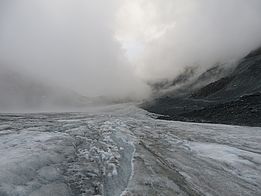
Contact ¶
Projects ¶
Publications ¶
Links ¶
- Glaciology group Swiss Federal Research Institute WSL (head: Prof. Daniel Farinotti)
- Group Glaciology at VAW - ETH Zurich
- Open BSc and MSc thesis
